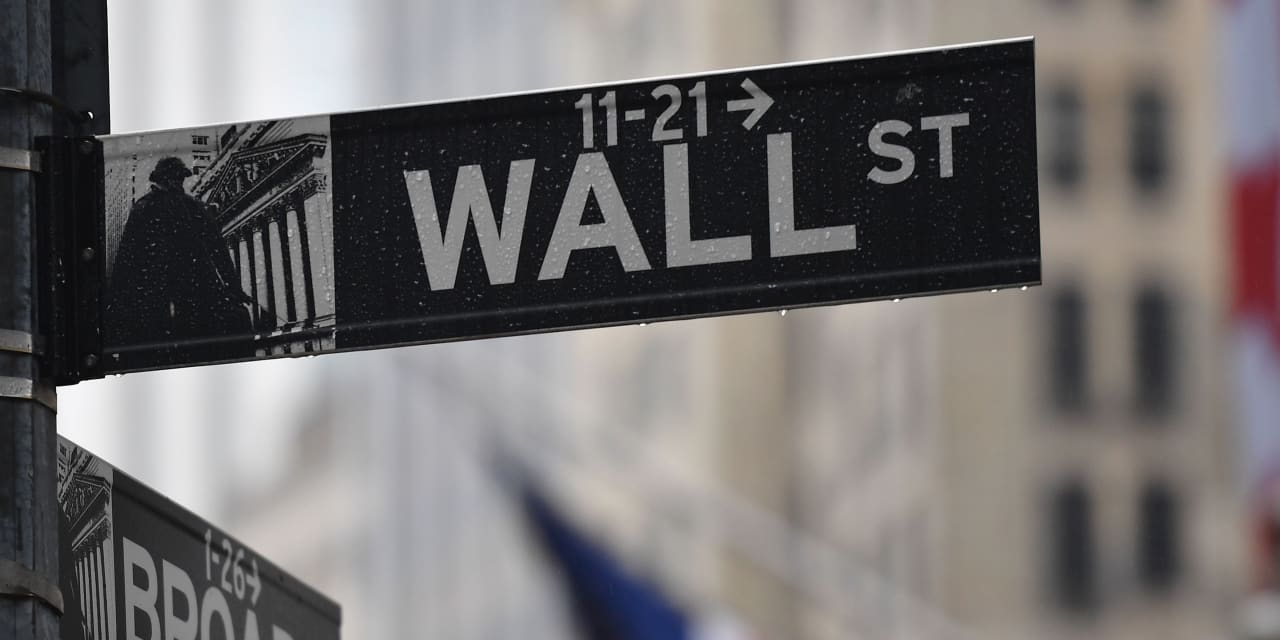Hedge funds climbed back into positive territory in 2023, with the industry’s overall gains lagging the U.S. stock market after outperforming it in a volatile 2022, according to HFR.
The HFRI Fund Weighted Composite Index, HFR’s proxy for the global hedge-fund industry, gained 7.5% last year after falling 4.1% in 2022, according to an HFR report dated Jan. 8. Meanwhile, the S&P 500 index soared 24.2% in 2023, rebounding from a 19.4% plunge the previous year as markets were rocked by a jump in inflation and higher interest rates.
Institutional investors such as pension funds may seek hedge-fund exposure to include uncorrelated strategies in their holdings, said Ken Heinz, president of HFR, in a phone interview Tuesday. “Institutions are allocating to hedge funds mostly as a tool to reduce their overall portfolio volatility,” not to replace equity with them, he said.
Macro hedge-fund strategies were up around 9% in 2022 as the U.S. stock market tumbled, but last year they slipped about 0.6% as the S&P 500
SPX
jumped, according to HFRA data. By contrast, “equity hedge” and “event-driven” strategies each gained more than 10% in 2023.
Far bigger returns came from the HFR Cryptocurrency Index, which soared 65.8% last year as bitcoin prices
BTCUSD,
rebounded. But HFR excludes the performance of that strategy from its composite index measuring the hedge-fund industry’s overall performance, due to crypto’s “intense volatility” and because it’s a relatively new area that the firm has only tracked since 2017, Heinz said.
“Most of the funds that are in the cryptocurrency space, they’re very interested in the approval of the spot bitcoin ETF,” he said. That’s because bitcoin would become “a lot more liquid and tradable,” giving hedge funds an easier way to gain exposure to the cryptocurrency, said Heinz.
Meanwhile, activist hedge funds stood out for their strong performance last year, a substrategy of the “event-driven” category that gained 20.2%, according to HFR. Heinz said the activist strategy was supported by a “major inflection point” in November as markets reflected investor expectations for lower interest rates after inflation eased from its 2022 peak.
Activist hedge funds aim to create shareholder value at companies, partly through seeking board seats, said Heinz. Their strategies, which may include selling parts of businesses they engage, benefit from increased clarity regarding the economy compared to the lockdown days of the pandemic and subsequent rising-rate environment as inflation surged in 2022, he said.
“We got a lot more clarity in the last two months,” Heinz said.
Read: Mutual funds struggled to beat benchmarks in 2023 as stocks climbed. Would a broadening rally help them in 2024?
Read the full article here




